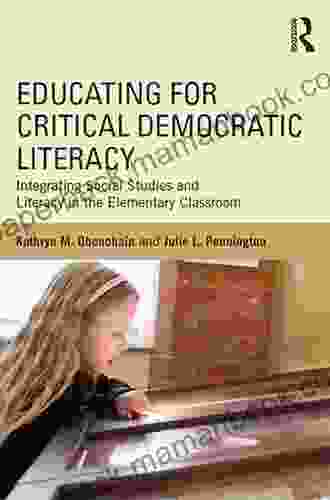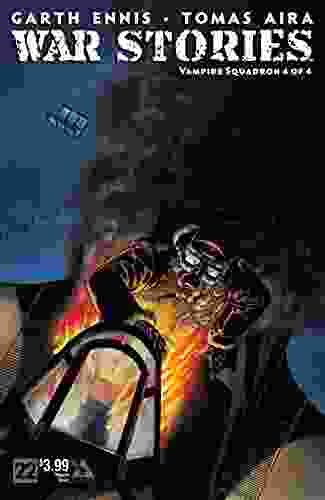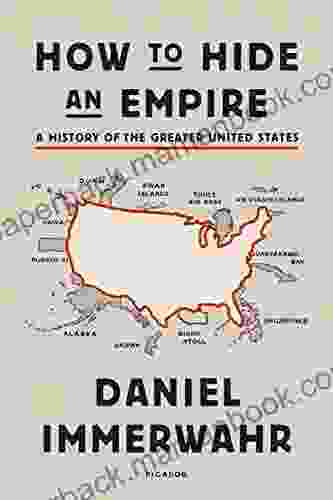Educating for Critical Democratic Literacy: A Comprehensive Guide for Educators

4.4 out of 5
| Language | : | English |
| File size | : | 3177 KB |
| Text-to-Speech | : | Enabled |
| Screen Reader | : | Supported |
| Enhanced typesetting | : | Enabled |
| Word Wise | : | Enabled |
| Print length | : | 172 pages |
Critical democratic literacy is an essential skill for a healthy and informed citizenry. It empowers individuals to understand and critically evaluate information, and to make informed decisions about their lives and the world around them. In an era of increasing misinformation and disinformation, critical democratic literacy is more important than ever.
Educators have a vital role to play in fostering critical democratic literacy in their students. By integrating critical democratic literacy into their classrooms, educators can help students develop the skills they need to be active and engaged citizens in a democracy.
This article provides a comprehensive guide for educators on how to integrate critical democratic literacy into their classrooms. We will discuss the key components of critical democratic literacy, provide practical strategies for teaching these skills, and offer resources for educators who want to learn more.
What is Critical Democratic Literacy?
Critical democratic literacy is a complex and multifaceted concept. However, at its core, critical democratic literacy is about empowering individuals to:
* Understand and critically evaluate information * Make informed decisions about their lives and the world around them * Participate effectively in a democracy
Critical democratic literacy involves a number of different skills, including:
* Media literacy: The ability to understand and analyze media messages * News literacy: The ability to identify and evaluate credible news sources * Information literacy: The ability to find, evaluate, and use information effectively
Critical democratic literacy also requires a deep understanding of the principles and values of democracy. This includes an understanding of the importance of free speech, free press, and the rule of law.
Why is Critical Democratic Literacy Important?
Critical democratic literacy is essential for a healthy and informed citizenry. It empowers individuals to:
* Make informed decisions about their lives and the world around them * Participate effectively in a democracy * Hold those in power accountable * Resist misinformation and disinformation
In an era of increasing misinformation and disinformation, critical democratic literacy is more important than ever. The ability to understand and critically evaluate information is essential for making informed decisions about our lives and the world around us.
How to Integrate Critical Democratic Literacy into the Classroom
There are a number of ways to integrate critical democratic literacy into the classroom. Here are a few practical strategies:
* Use media and news literacy resources in your lessons. There are a number of excellent resources available to help teachers teach media and news literacy. These resources can help students develop the skills they need to understand and critically evaluate media messages. * Encourage students to discuss current events in class. Current events can be a great way to teach critical democratic literacy skills. By discussing current events, students can learn about the different perspectives on an issue and how to evaluate the credibility of different sources of information. * Have students create their own media and news products. By creating their own media and news products, students can learn about the processes of media production and news reporting. This can help them develop a deeper understanding of how media and news can be used to influence public opinion.
Resources for Educators
There are a number of resources available to help educators teach critical democratic literacy. Here are a few:
* The National Council of Teachers of English (NCTE) has a number of resources on critical democratic literacy. NCTE has developed a set of standards for critical democratic literacy, as well as a number of lesson plans and activities for teaching critical democratic literacy. * The Media Literacy Project is a non-profit organization that provides resources and training on media literacy. The Media Literacy Project has developed a number of resources for educators, including lesson plans, activities, and videos. * The News Literacy Project is a non-profit organization that provides resources and training on news literacy. The News Literacy Project has developed a number of resources for educators, including lesson plans, activities, and videos.
Educating for critical democratic literacy is essential for a healthy and informed citizenry. By integrating critical democratic literacy into their classrooms, educators can help students develop the skills they need to be active and engaged citizens in a democracy.
The resources listed above can help educators teach critical democratic literacy. By using these resources, educators can help their students develop the skills they need to understand and critically evaluate information, make informed decisions, and participate effectively in a democracy.
4.4 out of 5
| Language | : | English |
| File size | : | 3177 KB |
| Text-to-Speech | : | Enabled |
| Screen Reader | : | Supported |
| Enhanced typesetting | : | Enabled |
| Word Wise | : | Enabled |
| Print length | : | 172 pages |
Do you want to contribute by writing guest posts on this blog?
Please contact us and send us a resume of previous articles that you have written.
 Top Book
Top Book Novel
Novel Fiction
Fiction Nonfiction
Nonfiction Literature
Literature Paperback
Paperback Hardcover
Hardcover E-book
E-book Audiobook
Audiobook Bestseller
Bestseller Classic
Classic Mystery
Mystery Thriller
Thriller Romance
Romance Fantasy
Fantasy Science Fiction
Science Fiction Biography
Biography Memoir
Memoir Autobiography
Autobiography Poetry
Poetry Drama
Drama Historical Fiction
Historical Fiction Self-help
Self-help Young Adult
Young Adult Childrens Books
Childrens Books Graphic Novel
Graphic Novel Anthology
Anthology Series
Series Encyclopedia
Encyclopedia Reference
Reference Guidebook
Guidebook Textbook
Textbook Workbook
Workbook Journal
Journal Diary
Diary Manuscript
Manuscript Folio
Folio Pulp Fiction
Pulp Fiction Short Stories
Short Stories Fairy Tales
Fairy Tales Fables
Fables Mythology
Mythology Philosophy
Philosophy Religion
Religion Spirituality
Spirituality Essays
Essays Critique
Critique Commentary
Commentary Glossary
Glossary Bibliography
Bibliography Index
Index Table of Contents
Table of Contents Preface
Preface Introduction
Introduction Foreword
Foreword Afterword
Afterword Appendices
Appendices Annotations
Annotations Footnotes
Footnotes Epilogue
Epilogue Prologue
Prologue Gary Lemons
Gary Lemons Nick Duffell
Nick Duffell Michael Clark
Michael Clark Scott F Neve
Scott F Neve Nancy Holder
Nancy Holder Emily Juniper
Emily Juniper John Hagensen
John Hagensen Pete Castillo
Pete Castillo Ger Arevalo
Ger Arevalo Sean Fletcher
Sean Fletcher Robert Vitelli
Robert Vitelli Doug Mchugh
Doug Mchugh Jackie Newgent
Jackie Newgent Heather Gudenkauf
Heather Gudenkauf Sarah Wooley
Sarah Wooley Joseph Samachson
Joseph Samachson Whitney Rio Ross
Whitney Rio Ross Herman E Daly
Herman E Daly Richard D Wolff
Richard D Wolff Judy Folger
Judy Folger
Light bulbAdvertise smarter! Our strategic ad space ensures maximum exposure. Reserve your spot today!
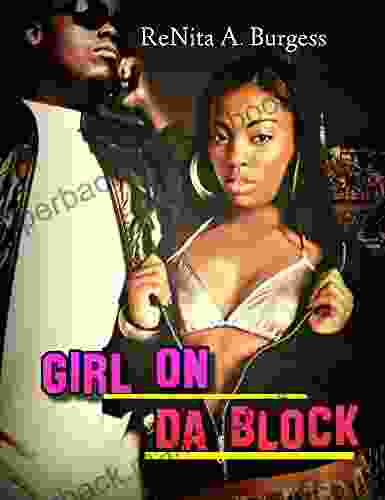
 Italo CalvinoGirl On Da Block: The Story of Renita Burgess, Advocate for Youth Empowerment
Italo CalvinoGirl On Da Block: The Story of Renita Burgess, Advocate for Youth Empowerment
 Terry PratchettReduce Belly Fat Within Days Without Jeopardizing Your Health With Amazing...
Terry PratchettReduce Belly Fat Within Days Without Jeopardizing Your Health With Amazing... Leo MitchellFollow ·12.8k
Leo MitchellFollow ·12.8k Graham BlairFollow ·6.1k
Graham BlairFollow ·6.1k J.D. SalingerFollow ·3k
J.D. SalingerFollow ·3k Paulo CoelhoFollow ·13.6k
Paulo CoelhoFollow ·13.6k Billy PetersonFollow ·18.9k
Billy PetersonFollow ·18.9k Chase SimmonsFollow ·11.2k
Chase SimmonsFollow ·11.2k Cooper BellFollow ·4.8k
Cooper BellFollow ·4.8k John UpdikeFollow ·4.9k
John UpdikeFollow ·4.9k
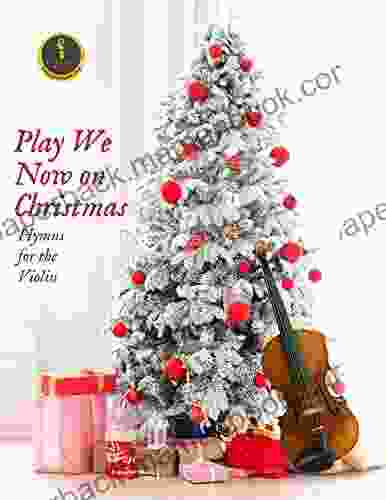
 Jeremy Mitchell
Jeremy MitchellPlay We Now On Christmas Violin Christmas: A Heartfelt...
Play We Now On...
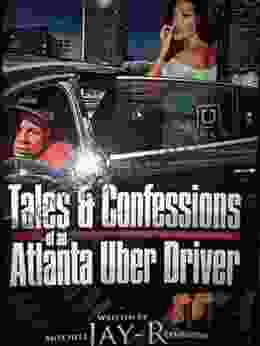
 Terry Bell
Terry BellTales from the Road: Confessions of an Atlanta Uber...
In the vibrant...
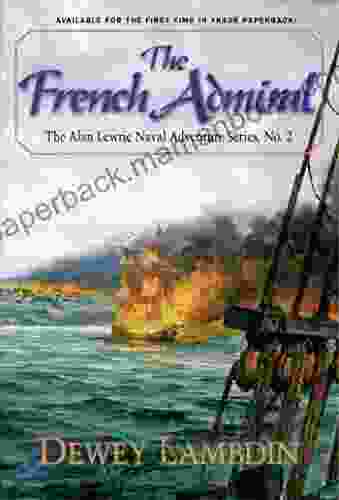
 Ervin Bell
Ervin BellThe French Admiral: A Gripping Naval Adventure with Alan...
In the vast expanse of...

 Henry David Thoreau
Henry David ThoreauCrochet Cozy Afghan Patterns: Crochet Weekend Afghan...
to Crochet...
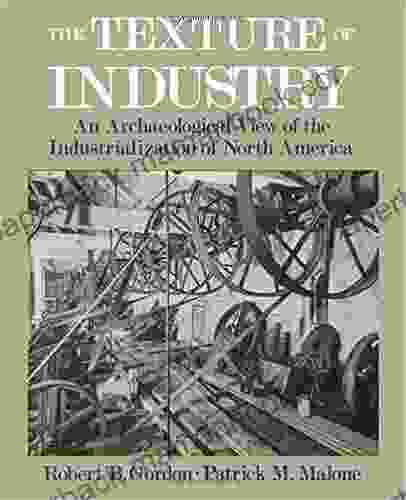
 Orson Scott Card
Orson Scott CardAn Archaeological View Of The Industrialization Of North...
The industrialization of North America was a...

 Josh Carter
Josh CarterClipboard Christmas Skits by Tom Spence: A Festive...
A Christmas...
4.4 out of 5
| Language | : | English |
| File size | : | 3177 KB |
| Text-to-Speech | : | Enabled |
| Screen Reader | : | Supported |
| Enhanced typesetting | : | Enabled |
| Word Wise | : | Enabled |
| Print length | : | 172 pages |


